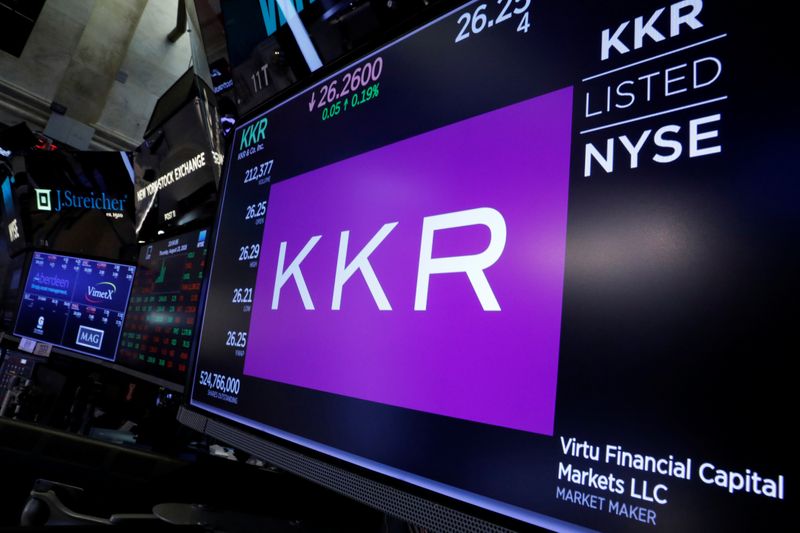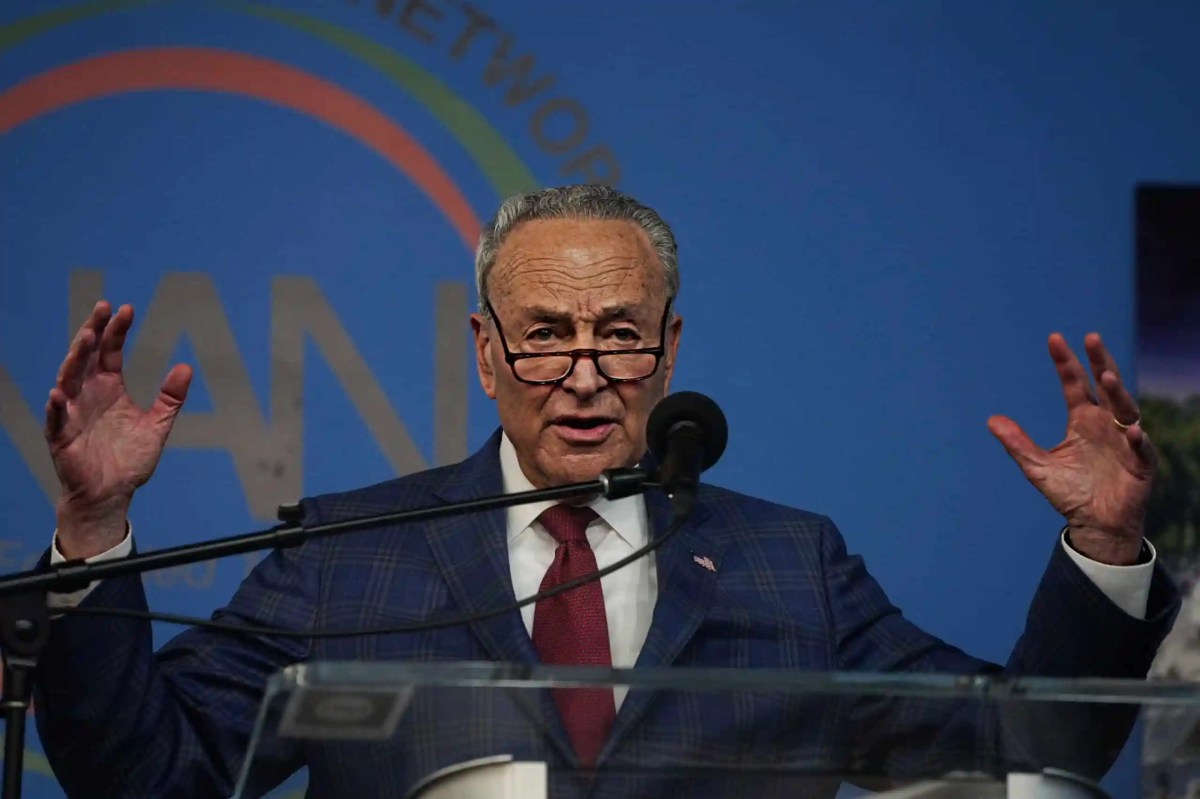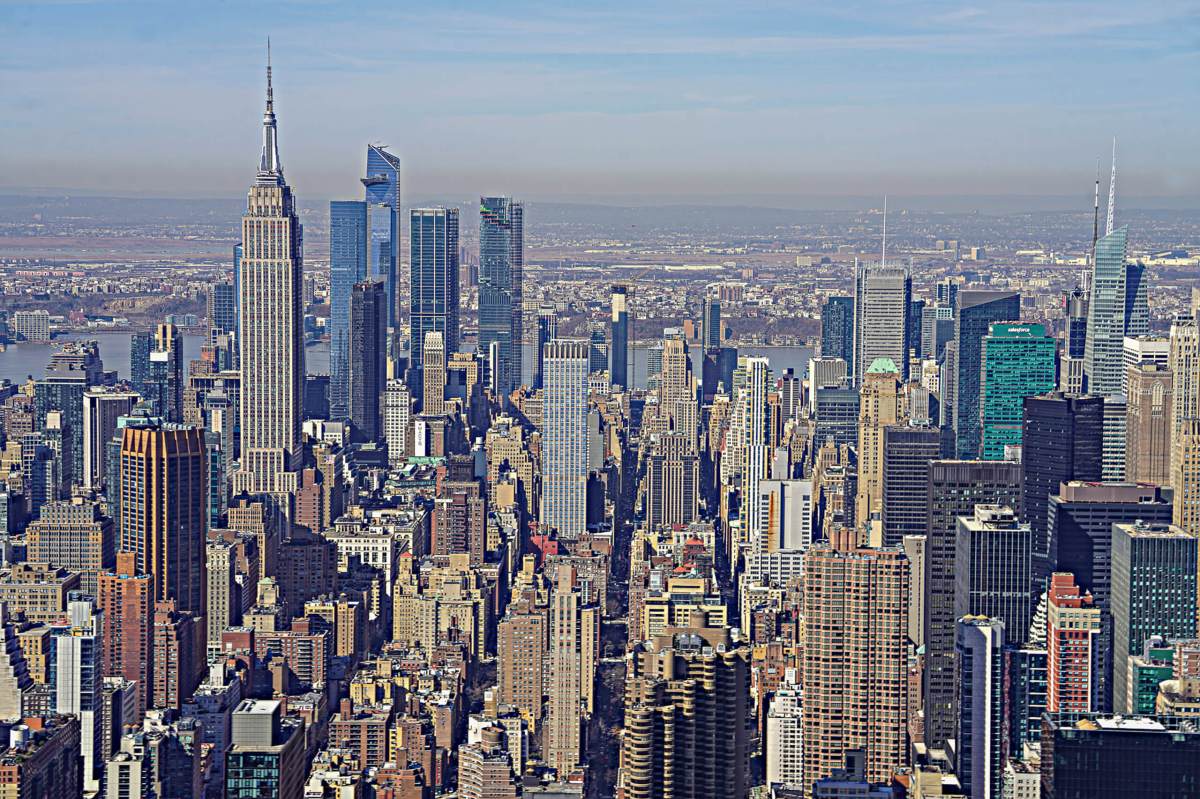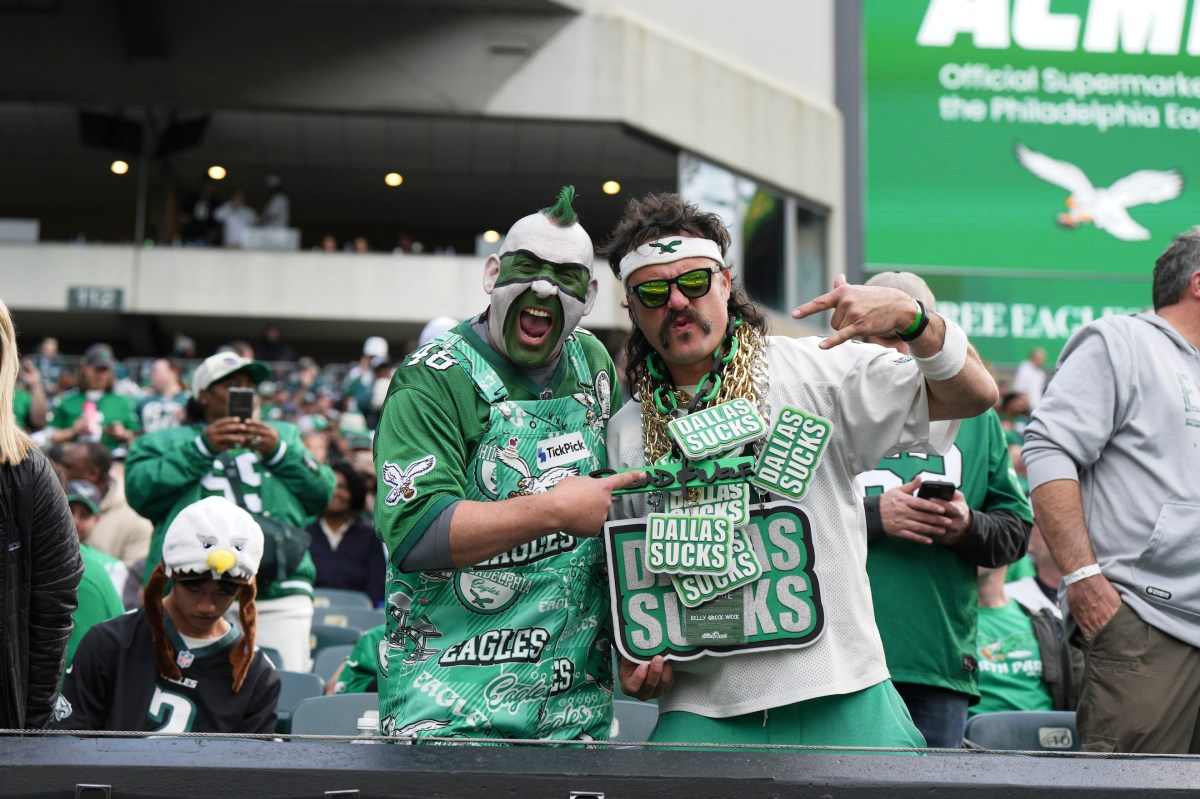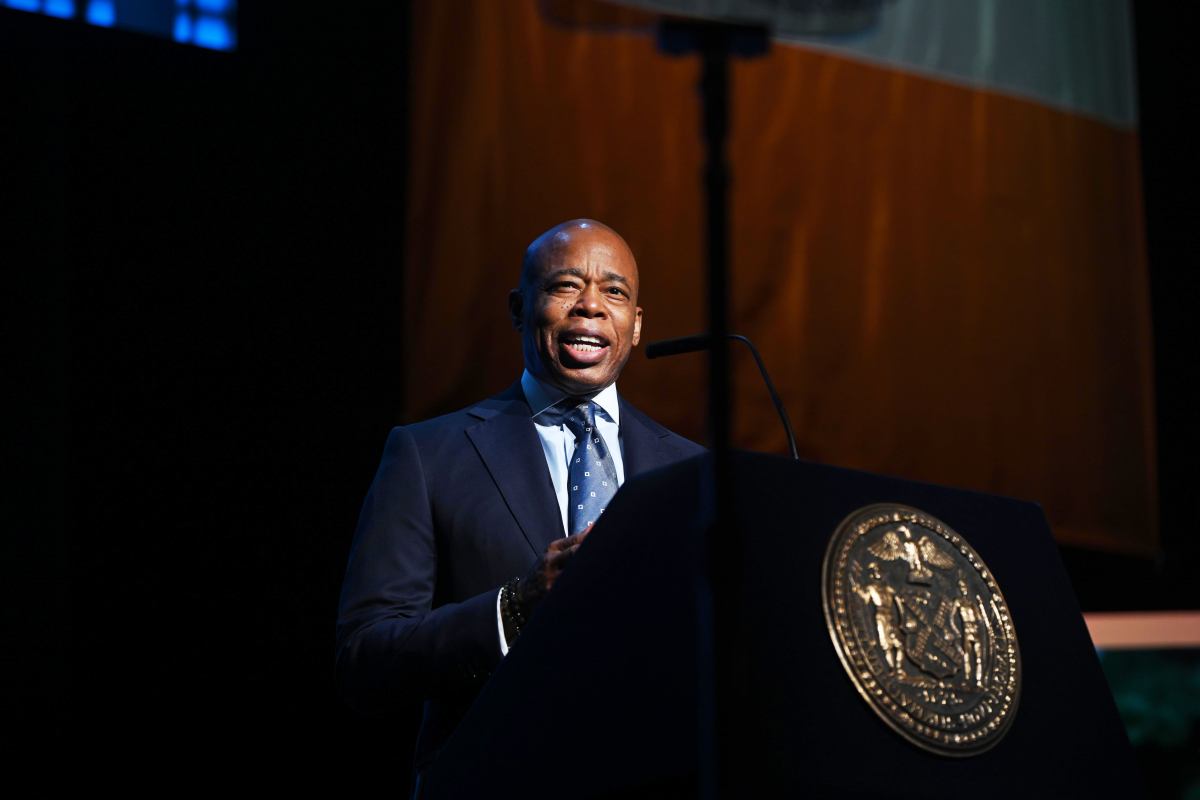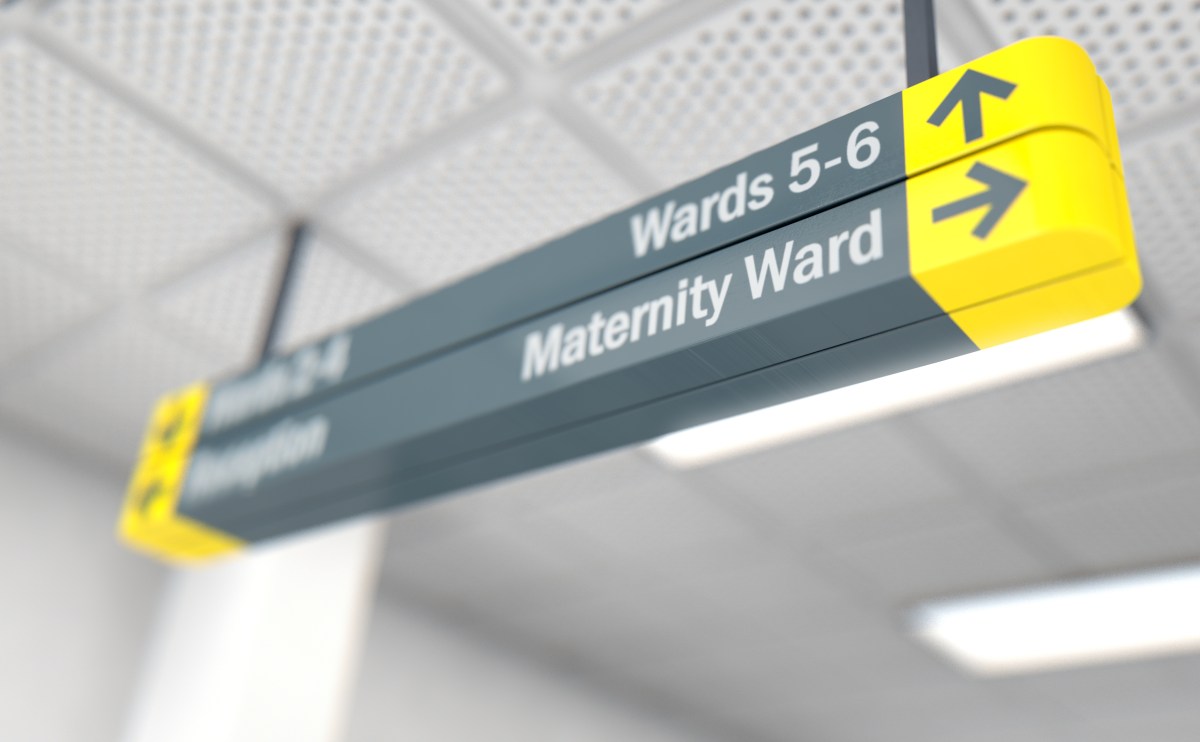NEW YORK (Reuters) – Private equity firm KKR & Co Inc <KKR.N> reported an 11% jump in after-tax distributable earnings in the first quarter on Wednesday, driven by growth in asset sales and management fees ahead of the coronavirus-linked market turmoil.
After-tax distributable earnings rose to $355.3 million in the quarter through March, from $314.1 million a year earlier, KKR said. This translated to after-tax distributable earnings of 42 cents per share, in line with the average analyst forecast, according to data from Refinitiv. KKR’s shares were up 2.3% in early afternoon trading on Wednesday.
Private equity firms such as KKR were forced to mark down the value of many of their funds following a sharp decline in global markets in February and March amid economic fallout from the pandemic, which shut down large swaths of the economy.
The value of KKR’s private equity portfolio depreciated by 12% in the quarter, while its alternative credit and leveraged credit funds fell by 16% and 13% respectively.
However, KKR said the value of its global infrastructure funds rose 18%. During the quarter, KKR sold its German fiber-optic network company Deutsche Glasfaser to private equity firm EQT <EQTAB.ST> and Canadian pension fund OMERS for a reported 2.8 billion euros ($3.03 billion).
KKR’s peers have also reported declines in the values of their funds in the first quarter. Last week, Apollo Global Management Inc <APO.N> said its private equity portfolio depreciated by 21.6% in the first quarter, while its credit funds declined 9% in aggregate.
In April, Blackstone Group Inc <BX.N> reported a 21.6% slump in its private equity portfolio, while opportunistic and core real estate funds fell by 8.8% and 3.9%, respectively. Carlyle Group Inc <CG.O> said its private equity funds fell by 8% in the quarter, while credit funds fell by 21%.
KKR reported a net loss of $1.3 billion under generally accepted accounting principles (GAAP) in the quarter, compared with a net income of $701 million a year earlier. This takes into account the mark-to-market valuations of its funds, even if paper losses have not been realized.
KKR said it has made about $8 billion in new investments since the onset of the pandemic, partly by snapping up junk-rated loans and bonds.
“We are using the target list we’ve been building over the last few years,” KKR Co-president Scott Nuttall said during a conference call with analysts on Wednesday. “And investing into companies we know and like at risk reward levels we find attractive.”
At the end of March, KKR had $207.1 billion in assets under management, down from $218.4 billion three months earlier.
KKR declared a quarterly dividend of $0.135 per share.
(Reporting by Chibuike Oguh in New York; Editing by Bernadette Baum and Tom Brown)

